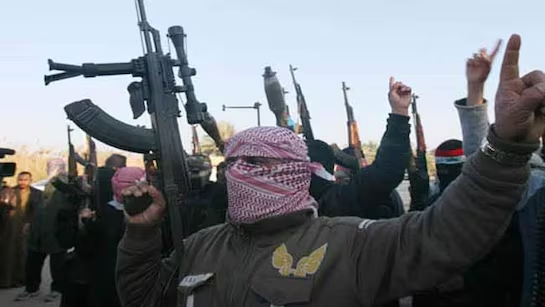
Examining the Alleged Contribution of Pakistan to International Terrorism
Allegations of Pakistan’s involvement in promoting terrorism worldwide have put the country under close scrutiny over the years. Although the nation has continuously denied these accusations reports and sources have pointed to links that imply its involvement in activities that span continents from major European cities like London and Moscow to neighboring South Asian regions. This blog examines the complex accusations the alleged supporting data and the effects of these claims on international relations and security.
The Origin of Accusations
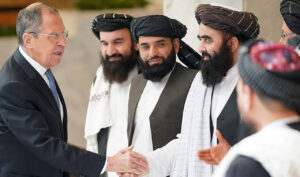
Pakistan’s strategic depth policy in South Asia is frequently linked to its alleged involvement in international terrorism. According to critics the Pakistani government has long employed militant organizations as stand-ins to achieve its geopolitical objectives especially through its intelligence service the Inter-Services Intelligence (ISI). It is said that this tactic has an impact on the global scene in addition to its immediate neighborhood.
The rivalry between Pakistan and India where organizations like Lashkar-e-Taiba and Jaish-e-Mohammed have targeted Indian interests can be used to understand Pakistan’s historical affiliation with militant groups. But according to reports these groups have grown over time establishing ties in distant places like the Middle East and Europe.
Pakistan Minister Warns
The Supposed Global Trail: From Moscow to London
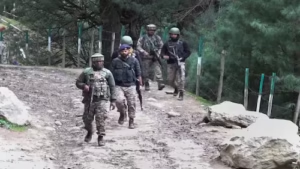
Moscow
There have been recent allegations of activities in Moscow by organizations suspected of having ties to Pakistan. Although specifics are still lacking sources indicate that some networks purportedly affiliated with Pakistan have attempted to take advantage of Russia’s ideological divisions and regional instability.
London
Concerns about terrorism with ties to Pakistan have also been expressed in the UK. British courts have occasionally heard cases involving people with connections to militant organizations purportedly supported in Pakistan. Concerns have been raised by these incidents regarding the potential for networks based in Pakistan to influence extremist activities in Europe. In their frequent discussions of the difficulties presented by transnational terrorism British officials have emphasized the necessity of working with Pakistan to stop the spread of extremist ideologies.
Proof and Rebuttals
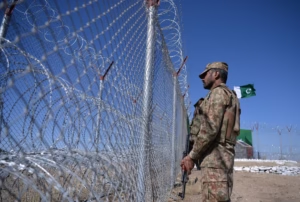
Proof to Back Up the Allegations
Several arguments have been put forth by critics and analysts to support these claims:
- Statements from Terror Suspects: According to reports, people arrested in a number of international counterterrorism operations have identified Pakistan as a training and logistical support center.
- Funding Sources: Money has often been linked to Pakistani people and organizations in investigations into the financial networks of terrorist groups.
- Intelligence reports and satellite imagery: Intelligence services have reportedly employed surveillance techniques to record militant activity in Pakistan’s border areas.
Pakistan’s Rebuttals
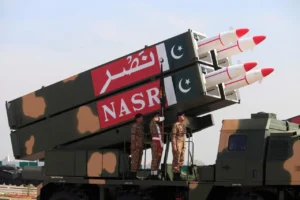
Pakistan has continuously denied these allegations highlighting its position as a victim of terrorism rather than its perpetrator. The nation contends that especially in the wake of the 2001 attacks in the United States it has been leading the fight against terrorism. As proof of their dedication to combating terrorism Pakistani officials point to their military operations against organizations such as the Tehrik-i-Taliban Pakistan (TTP).
Implications for Diplomacy

Pakistan’s international relations have been significantly impacted by the accusations. Citing Pakistan’s alleged ties to terrorism nations like the US and India have occasionally cut aid or imposed sanctions. In the meantime Pakistan has been added to the “grey list” of international organizations like the Financial Action Task Force (FATF) which calls for tougher measures against the financing of terrorism and money laundering.
An International Problem
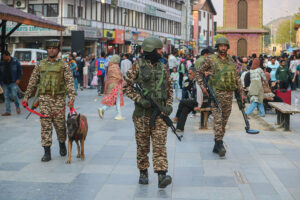
The problem of Pakistan’s alleged involvement in international terrorism is not limited to a single country; rather it represents a larger issue that the international community must deal with. A unified front improved intelligence sharing and a dedication to tackling the underlying socio-political and economic issues that encourage extremism are all necessary to combat terrorism.
In conclusion
Opinions on Pakistan’s purported role in international terrorism are varied and contentious ranging from categorical denunciation to support for its counterterrorism initiatives. The role of nations like Pakistan will continue to be closely examined as the world struggles with the problems caused by transnational terrorism. These accusations undoubtedly influence the global discourse on security and diplomacy regardless of whether they are the result of sincere worries or are a component of geopolitical scheming.





